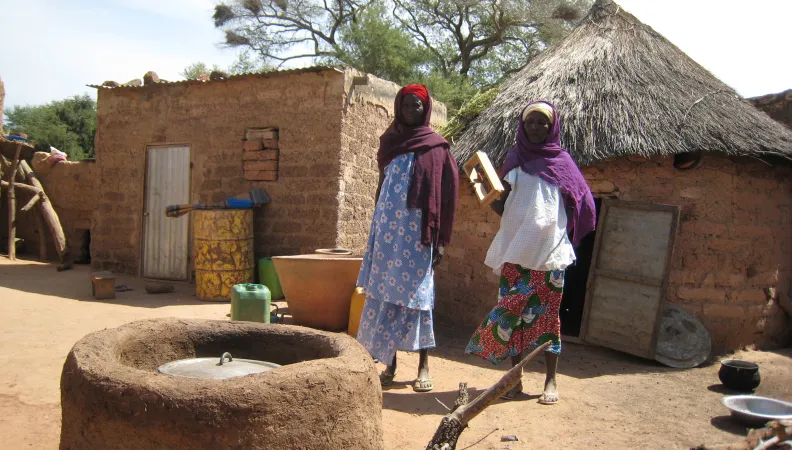Share the page
Improving access to clean cooking energy in the Sahel (BES)
Project


-
Project start date
-
Status
In progress
-
Estimated date of project termination
-
-
Project financing date
-
-
Financing duration
-
4 years
-
Type of program
-
FFEM
-
Global financing amount
-
€ 8000000
-
FFEM financing amount
-
€ 2000000
-
Project lead member institution(s)
-
AFD
-
Country and region
-
Burkina Faso
-
Type of financing
-
Beneficiaries
-
République du Niger, Consortium Hystra-EDM-Gérès
In the Sahel, forest degradation is accelerating, raising critical climate, economic and social challenges. One of the main drivers is the use of fuelwood, the primary energy source for households. To address this issue, the FFEM supports a project aimed at improving access to clean cooking energy.
Context
Major urban centers in the Sahel rely heavily on fuelwood, used by over 90% of households for cooking. Although the adoption of clean and efficient cookstoves (CEC) is growing, it remains insufficient to offset the rising demand for wood linked to demographic growth. Current CEC value chains in Burkina Faso, Mali and Niger are unable to effectively curb deforestation and its impacts on biodiversity, climate and the economy.
Supported by the FFEM, the "Bois Énergie Sahel" project seeks to improve access to clean cooking energy in large urban centers. It operates both on the supply side, by promoting sustainable forest resource management, and on the demand side, by strengthening the clean cookstove market.
Description
The project is structured around six components:
- Planning and implementing sustainable forest management for Niamey's fuelwood supply basin.
- Encouraging stakeholders to comply with forest management plans and establishing monitoring and control mechanisms.
- Promoting the “Bois Énergie Sahel” platform to enhance stakeholder coordination and improve the perception of clean cooking solutions.
- Enhancing the attractiveness and affordability of clean cooking technologies through the development of the Roumdé brand.
- Supporting local CEC production and distribution chains in their business development efforts.
- Fostering synergies between the supply and demand components to ensure coherence and optimize resource sharing.
Outcomes
- Conservation of biodiversity and forest ecosystems contributing to GHG emissions reduction.
- Capacity building of public and private actors involved in sustainable forest management and CEC value chains.
- Control of urban fuel demand through commercial support for clean cookstove producers and distributors.
Innovative and exemplary features
With FFEM support, the “Bois Énergie Sahel” project adopts an innovative dual-approach to address both supply and demand challenges in the cooking energy sector. This strategy aims to ensure sustainable forest management while reducing biomass fuel consumption. Coordination and governance mechanisms are central to maximizing synergies between the two pillars.
The supply component stands out by strengthening local governance of forest resources and piloting a digital system to monitor wood resources and flows. The demand component introduces novel marketing and communication tools to boost distribution networks—an area often overlooked by projects focusing primarily on production.


